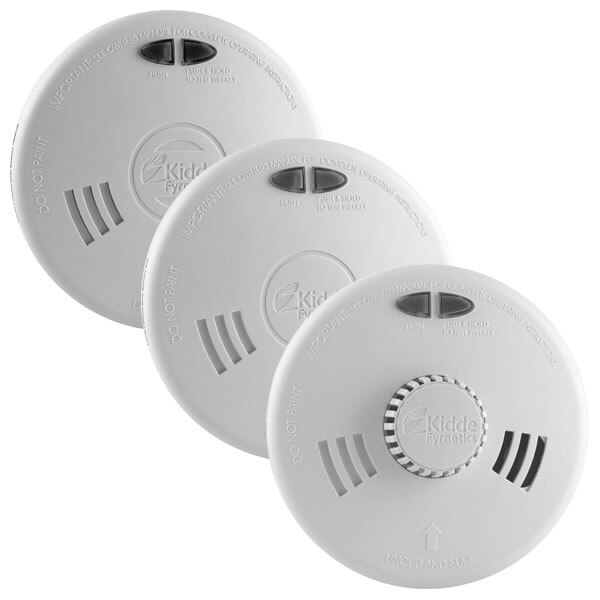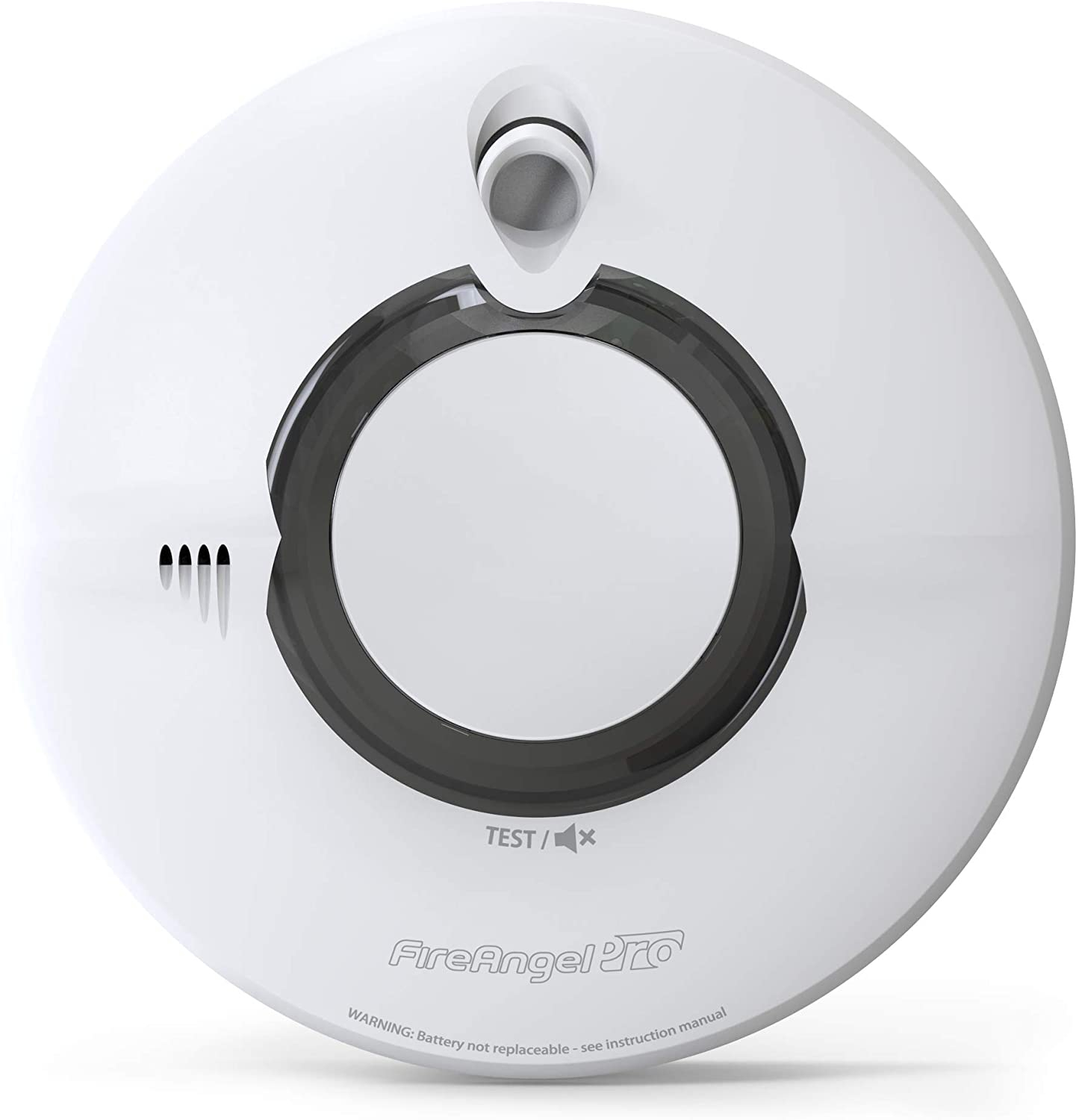

Problem 2 – Dust inside your smoke detector

Replacing the battery solves the problem. When that battery is running low, your detector alerts you with a chirp that it’s running low. Most hard-wired smoke detectors use a 9-volt battery that is supposed to kick in if your home loses electricity. But what if your smoke alarm is hard-wired in?Ī hard-wired smoke detector usually chirps for one of three reasons: Why Is My Hard-Wired Smoke Alarm Chirping?įor some homeowners, that annoying chirping sound from your smoke alarm is a simple reminder it’s time to add new batteries. Get in touch to find out more at 01455 698 964 or send us an enquiry via our online contact form. At East Midlands Security and Fire we perform annual maintenance visits to ensure the highest standard of protection to you and your family. It is important to provide maintenance with some regularity. A Smoke alarm certified to British Standard EN14604:2005, will have a “replace by” date that you can check, but in general smoke detectors should be replaced every 10 years. Have you ever considered that it is not just the food you buy that expires but your smoke alarm does as well? The sensors are bound to degrade over time, reducing their effectiveness and sensitivity. However, we understand that this can represent some trouble which is why there is no need to change the batteries of the East Midlands Security & Fire smoke and carbon monoxide detectors as they are connected to the alarm system.

You may not want to wait until it gets really annoying so you can just change the batteries yourself before it goes off. It is recommended to change a smoke detector’s batteries every 12 months. It is a very simple cause but it can be one of the most annoying, as your smoke detector will ‘chirp’ once a minute when your battery starts getting weak and needs replacing. While ionisation models go off once enough smoke has entered the alarm and it has protective insect screens to impede small bugs from entering. They are quite big but not very sensitive. If a room gets smoky enough to block the light beam the alarm will go off. This is because of the way they are programmed to work. In Photoelectric models it is more likely for a small insect to crawl inside and set off the alarm. There are two types of smoke detectors photoelectric and ionisation models as we previously mentioned. In general smoke detectors are insect-proof but exceptions can occur. Or it may just be the fact that you simply live in an area with high humidity in the air. They shouldn’t be located close to kitchens as the smoke from burning food or the steam from boiling water can be the cause of false alarms. It is possible that your smoke detectors have not been placed in optimal locations. Much like with dust, ionisation models are highly susceptible to moisture particles.

Humidity and steam from showers or cooking appliances are also common triggers. If this was what was setting the smoke alarm off in the first place this should resolve it. Be warned that while doing so it may go off again, which is absolutely normal, so don’t worry about it. Use a vacuum cleaner nozzle to either suck or blow the dust. The best way to check this is by opening the device. This obstruction of the sensor can cause it to confuse dust for smoke, setting your alarm off. Much like every room in your house, over time, dust can build up on your smoke alarm’s sensor. Besides the obvious reason (having a fire in your home), there are a few potential causes to your fire alarm going off unexpectedly including dust, insects crawling inside your smoke detector, humidity and low batteries. Is your fire alarm’s incessant chirping driving you crazy? If so it is best that you assume the worst before you start thinking of further reasons why the alarm may be going off.


 0 kommentar(er)
0 kommentar(er)
